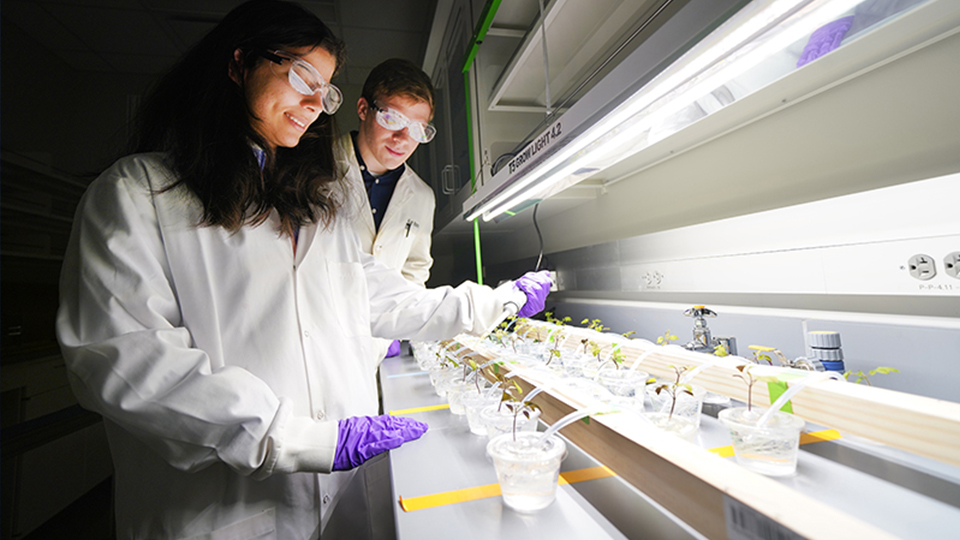USDA grant to support citrus greening disease research
Subscriber Benefit
As a subscriber you can listen to articles at work, in the car, or while you work out. Subscribe Now
The U.S. Department of Agriculture has awarded a $1 million grant to Kurt Ristroph, assistant professor of agricultural and biological engineering at Purdue University. The funding will be used to support the development of an antibiotic delivery system to help plants fight citrus greening disease.
Purdue says the disease, also known as Huanglongbing (HLB), is spread by the Asian citrus psyllid insect, and has left the Florida citrus industry “near total ruin” since 2005 and also affected citrus trees in California and Texas.
The HLB bacteria attacks the citrus trees’ vascular systems by living inside their trunks and roots, and previous attempts to kill the bacteria with antibiotics have failed.
Ristroph’s research involves the use of nanocarriers to deliver antibiotics deep into the plan’s phloem, which is similar to arteries in humans.
“We’ve shown that our nanocarriers, at least in another plant system, can get into the phloem and down to the roots,” Ristroph said. “If we make our nanocarriers encapsulate an antibiotic that will kill this disease, then put them on the leaves of a tree, we think they’ll go inside the tree, down the phloem to the roots, and they’ll release their antibiotic drug along the way. Maybe it can kill all the bacteria and maybe it can cure the disease.”
Ristoph says the mixing technology that his team is using to make the nanocarriers is the same that has been used by pharmaceutical companies like Pfizer.
Purdue says while working toward his PhD in chemical engineering and materials science at Princeton University, Ristroph developed similar nanocarriers for human drug delivery.
“We’re using antibiotics that have already been approved for citrus greening,” he said. “We have to get them where they need to go in the plant. We’re going to have to be incredibly effective to show that we can cure the trees.”
The project is a collaboration involving Ristroph; Greg Lowry at Carnegie Mellon University in Pittsburgh; Arnold Schumann at the University of Florida; and Philippe Rolshausen at the University of California, Riverside.
The grant comes from the USDA’s National Institute of Food and Agriculture.
